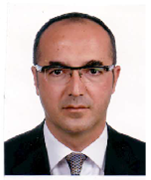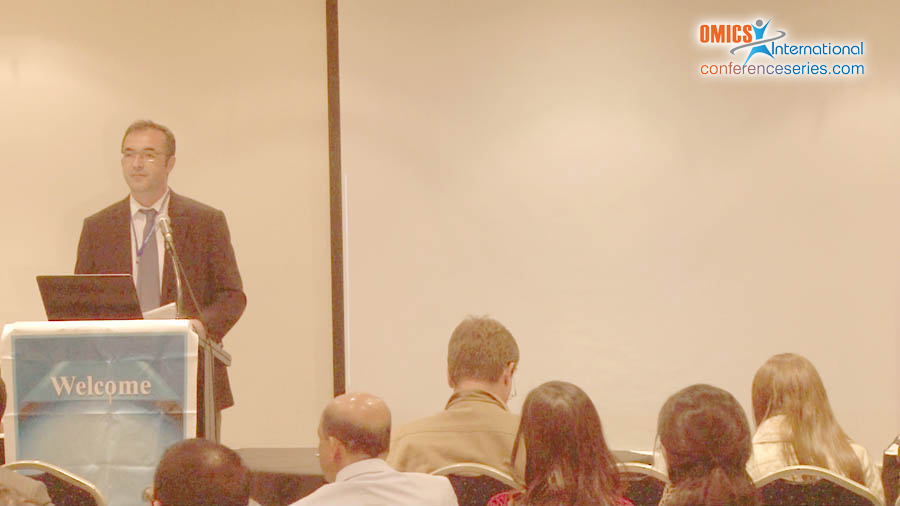
Ali Parlar
Adiyaman Universitesi , Turkey
Title: The exogenous administration of CB2 specific agonist, GW405833, inhibits the inflammatory response by reducing cytokine production and oxidative stress
Biography
Biography: Ali Parlar
Abstract
The present study aimed to investigate the potential of anti-inflammatory effects of specific CB2 agonist, GW405833, in a rat model of acute inflammation, and along with effects on leukocyte recruitment, cytokines levels, and oxidative stress. The anti-inflammatory activities of GW405833 were assessed by measuring paw oedema induced by carrageenan, and capsaicin, myeloperoxidase (MPO) activity, peritonitis model and cytokine levels. Further, oxidative stress was evaluated by determining glutathione (GSH) levels and malondialdehyde (MDA) concentration. The results showed that GW405833 (3 mg/kg) significantly reduced carrageenan-induced paw oedema, and clearly inhibited capsaicin -induced paw oedema. It also inhibited the recruitment of total leukocytes and neutrophils, mieloperoxidase (MPO) activity, and reversed nearly to the normal levels the increased tumor necrosis factor-α (TNF-α), interleukin-1β (IL-1β) levels, and malondialdehyde (MDA) concentration during carrageenan-induced acute inflammation. These results suggest that GW405833 suppresses the inflammatory response by inhibiting neutrophil migration that is partly mediated by reduction in IL-1β and TNF-α levels and oxidative stress. In conclusion, the activation of CB2 receptor, by specific agonist, has a major role in peripheral inflammations, and in the near future, maybe seen new pharmacologic approaches of peripheral cannabinoidergic system as a promising alternative to treat inflammation diseases.

